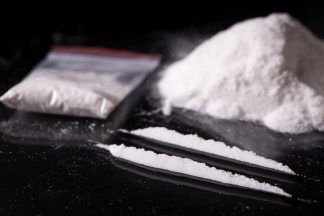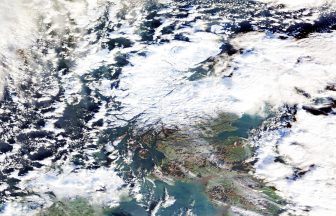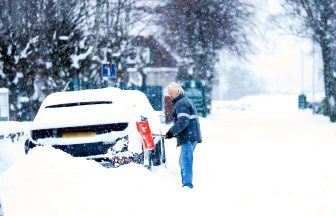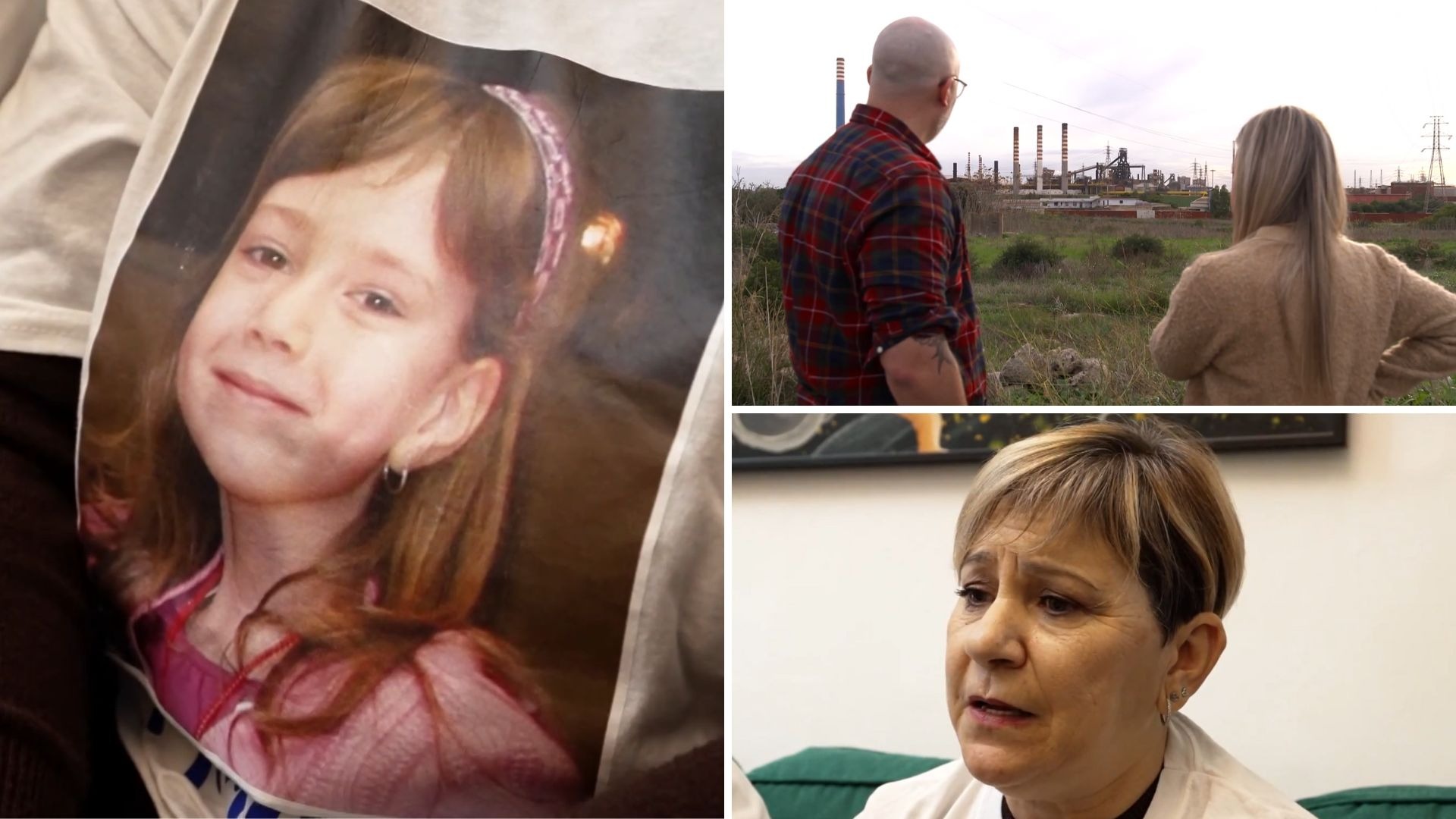As temperatures plummet across Scotland in the coldest nights of the year so far, there is a increased risk of pipes in your home bursting.
The average cost of frozen pipe home insurance claims was more than £8,000 from 2019-2021, according to insurer NFU Mutual.
Low temperatures increase the chance of water freezing in pipes, which can lead to them splitting meaning costly repairs.
Houses without hot water circulating through their pipes, or left empty for days with no heating on, can be particularly vulnerable to freezing.
When the Beast from the East struck the country in 2018, NFU Mutual saw over 1,660 claims for leaks following frozen pipes, more than ten times the average in the milder years since.
“Britain is generally a mild country, but cold snaps can see cases of frozen pipes rocket,” said Andrew Chalk, a home insurance specialist at NFU Mutual.
“There are also other, cheaper methods which can help prevent a costly repair bill, such as fitting inexpensive lagging to pipes – paying particular attention to outdoor plumbing and pipes in colder areas like lofts and basements – and allowing air to circulate in unused rooms and spaces when you do have the heating on.”
How can you avoid freezing pipes?
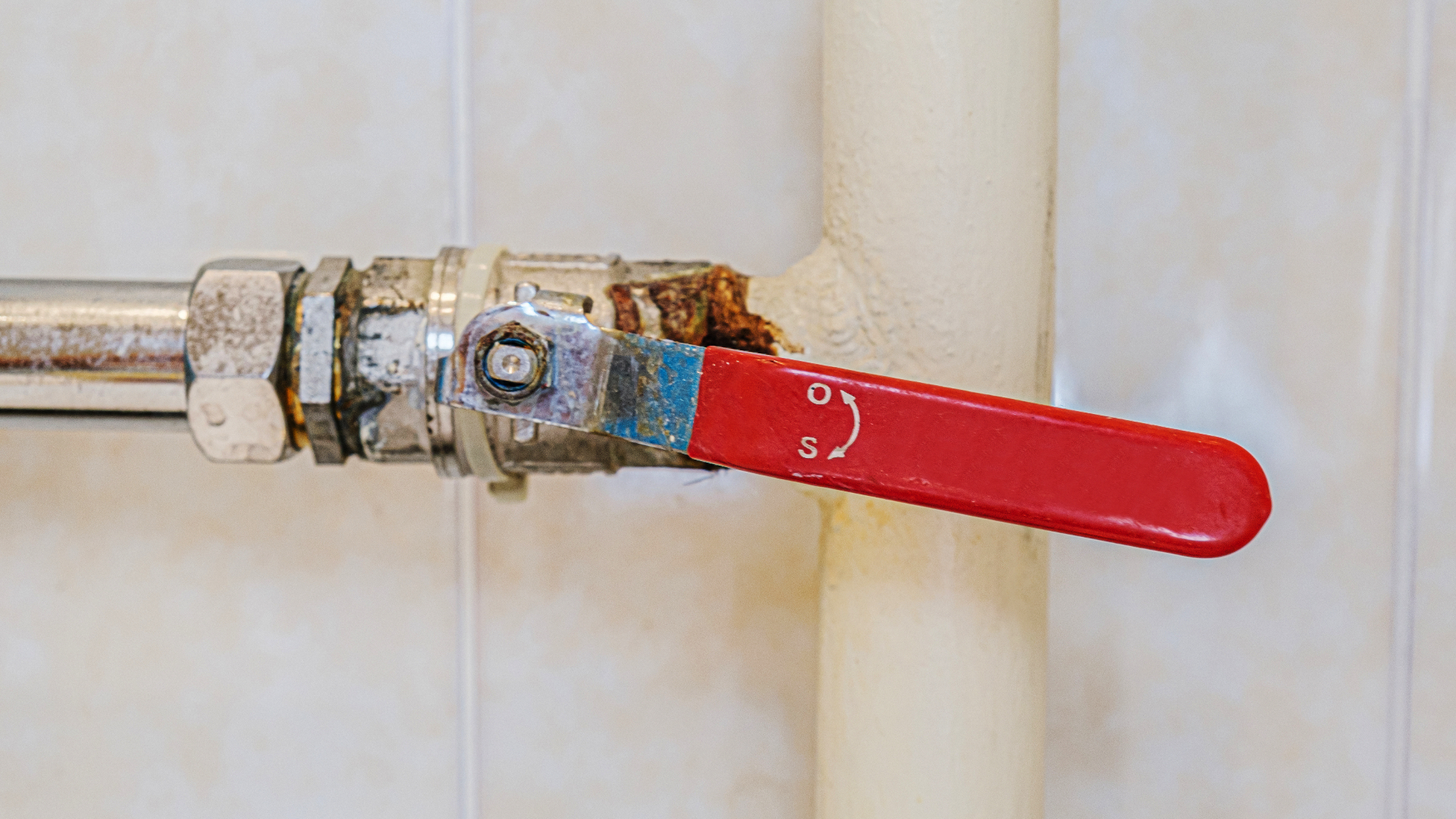 iStock
iStockTo help prevent your pipes from freezing, it’s important to:
- Know where your internal stop/tap valve is (it’s usually under the kitchen sink) and how to turn it off
- Keep your home as warm as possible, even if you are out
- Insulate pipes in exposed or draughty places
- Leave the trap door to roofspace open to let warm air flow in during extreme weather conditions when there is the chance that un-insulated water tanks and pipes could freeze
- Keep your boiler service up-to-date
- Have the name and telephone number of your nearest qualified plumber to hand
What to do if you have a frozen pipe
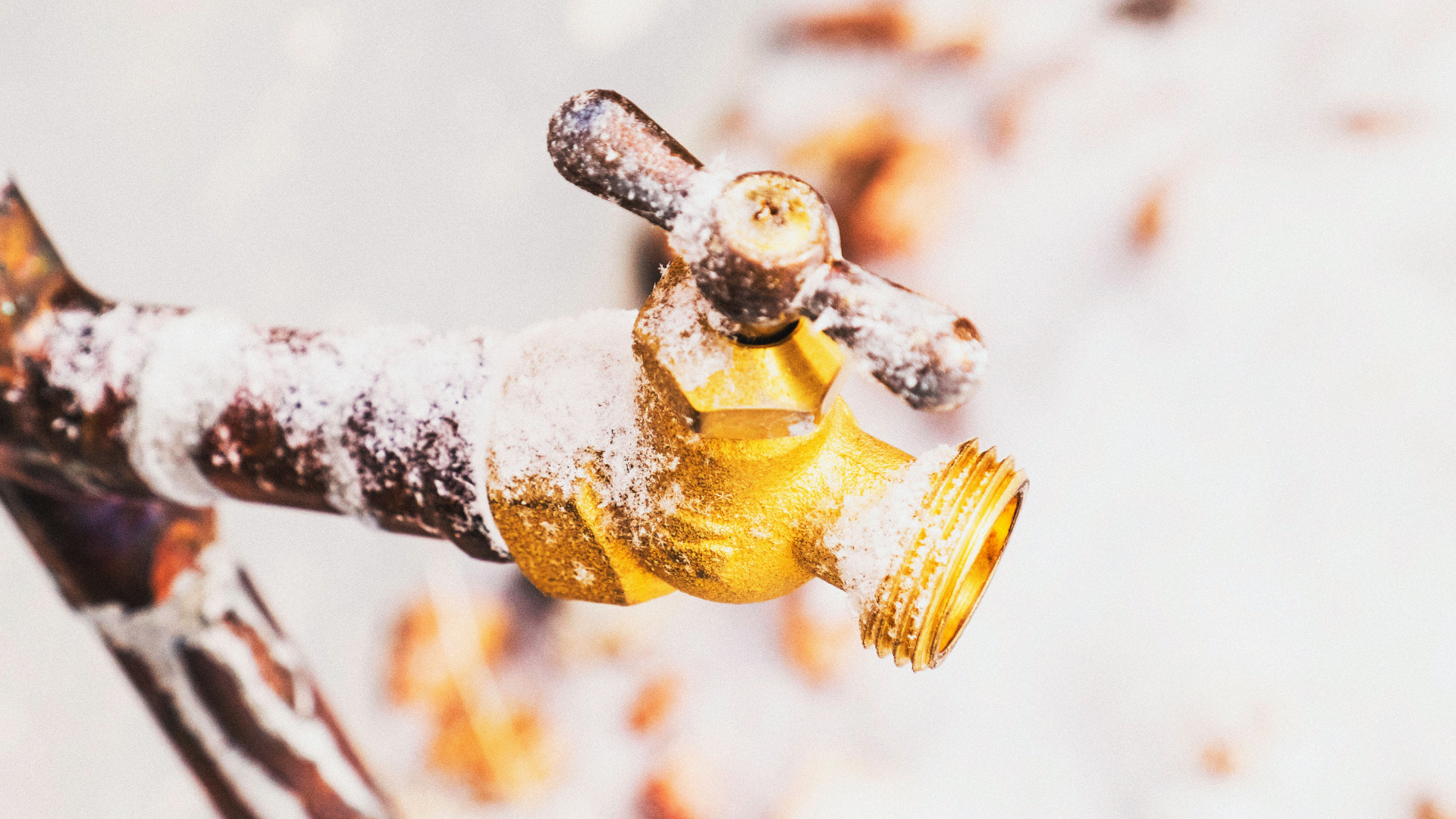 iStock
iStockIf you spot that one of your pipes might be frozen, turn off your inside stop tap immediately, advises the Met Office.
You’ll usually find this under the kitchen sink, but it can also be in downstairs bathrooms, kitchen cupboards, garages, cellars or under the stairs.
Turn on nearby cold taps (keep the stop tap turned off) as this will relieve pressure on the frozen pipe.
It’s best to thaw out pipes slowly, with hot water bottles or towels soaked in hot water.
Never use a naked flame or blowtorch to thaw the pipe – direct heat can cause permanent damage and also risks a fire in your home.
If you need help, contact an approved plumber.
What to do if you have a burst pipe
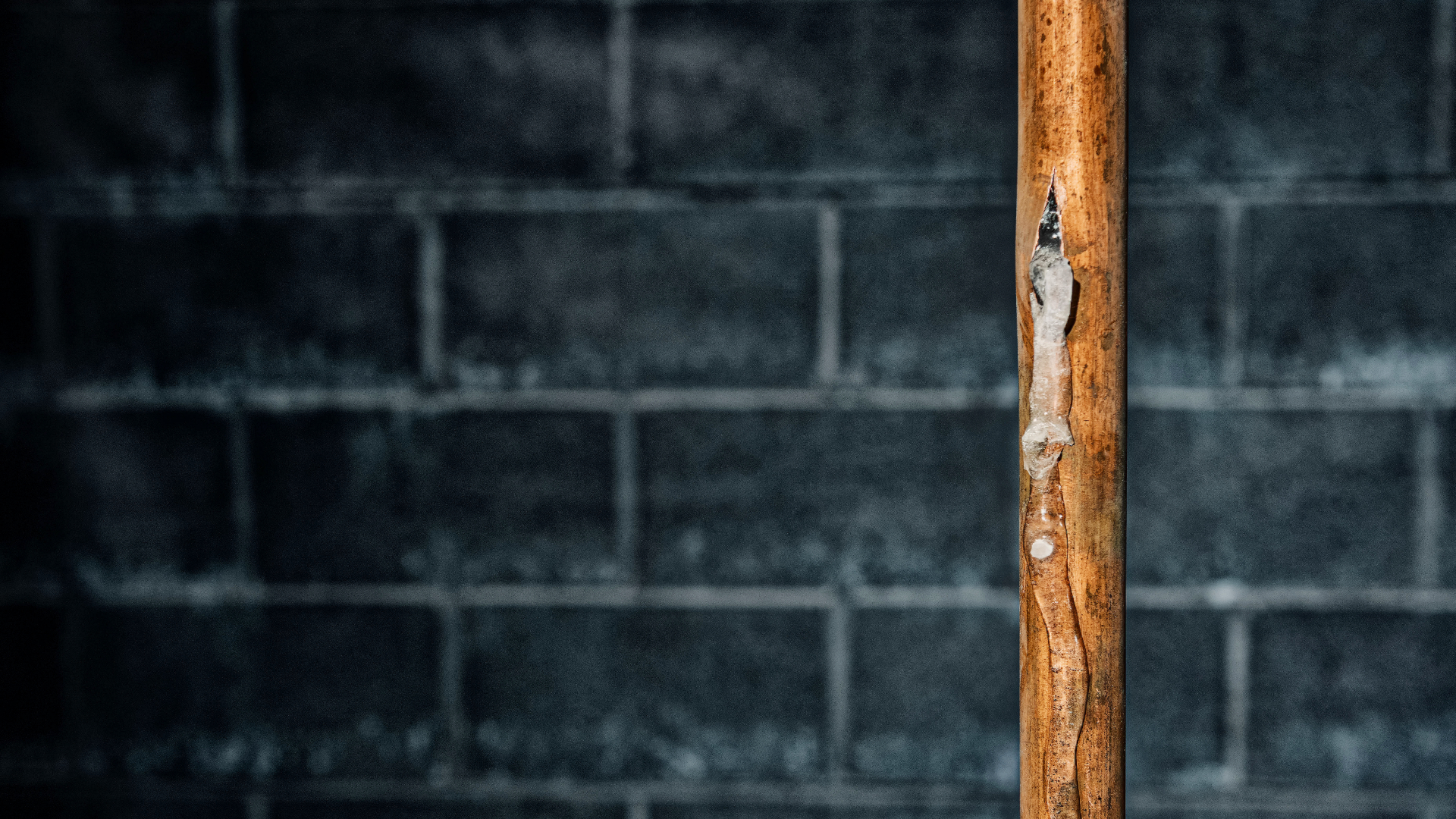 iStock
iStockSometimes pipes freezing and thawing can cause them to burst. If this happens:
- Turn off the water supply coming into your property at the stop tap and switch off your boiler
- Open all your taps to drain the system as quickly as possible, saving some water in a bucket for flushing toilets and hand washing.
- When the water stops running, turn all the taps off
- Soak up escaping water with towels to limit the damage
- Call an approved plumber who is qualified to work on the plumbing system in your home
- If water has leaked near your electrics, do not touch them and switch them off at the fuse box
Follow STV News on WhatsApp
Scan the QR code on your mobile device for all the latest news from around the country


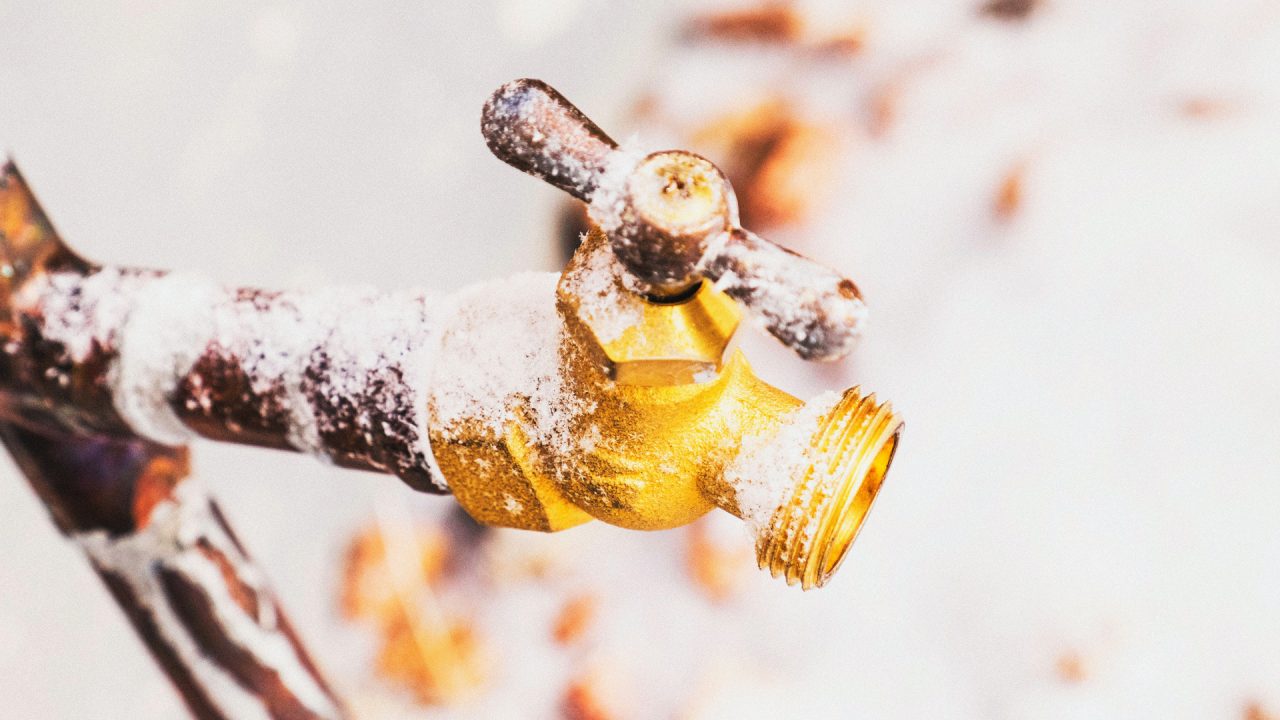 iStock
iStock




